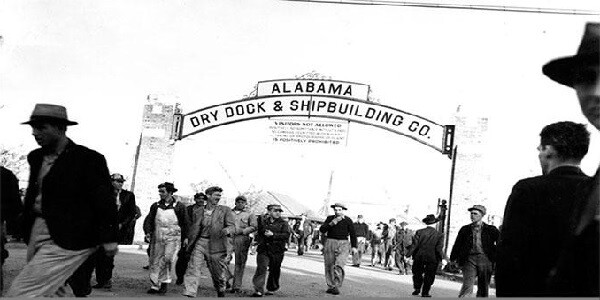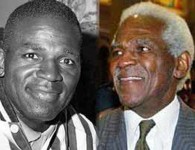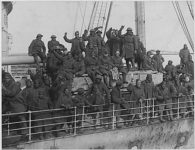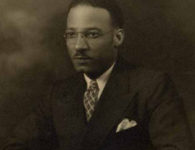Photo credits: University of S. Alabama Library
After 12 African Americans were elevated to “high-powered” jobs at the Alabama Dry Dock Shipping Company on May 25, 1943, a huge race riot erupted.
During World War I and World War II, the Alabama Dry Dock and Shipping Company constructed and maintained US Navy ships. The firm was Mobile, Alabama’s greatest job provider during World War II. The firm started recruiting African American males in unskilled roles in 1941. By 1943, Mobile shipyards employed 50,000 people, with 7,000 of them being African-American men and women.
White employees were not pleased with this slight surge of Black personnel. It did not sit well with them.
The Alabama Dry Dock and Shipbuilding Company reluctantly agreed to promote 12 Black workers to the role of welder—a position previously reserved for only white employees—in the spring of 1943. The hiring was conducted in response to President Roosevelt’s Fair Employment Practices Committee issuing directives to elevate African Americans to skilled positions, as well as years of pressure from local Black leaders from the NAACP.
An angry white mob of 4,000 workers and community members armed with pipes, clubs, and other hazardous weapons, assaulted every Black employee they encountered on sight. The violence began shortly after the new welders ended their first shift. Raging whites grabbed two Black men and hurled them into the Mobile River. Others leaped in the river on their own power to avoid severe harm from the angry white mob.
The National Guard was sent in to restore order. Miraculously, no one was killed. However, more than 50 people were gravely hurt. It took several weeks for African American laborers to return to work securely. Many white workers remained angry and resistant after the incident. They refused to return to work until they were assured that African Americans would never be employed by the company again.
When the federal government stepped in, the firm built four segregated shipways where African Americans could work in any capacity except for foreman. The remainder of the shipyard’s African Americans were assigned to the low-paying, unskilled jobs they had previously performed before the promotions stoked so much white anger.
Watch this PBS film to learn more about the Alabama Dry Dock Riots.




















No comments